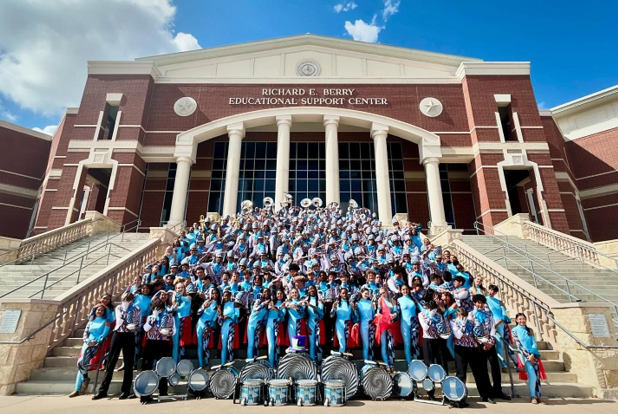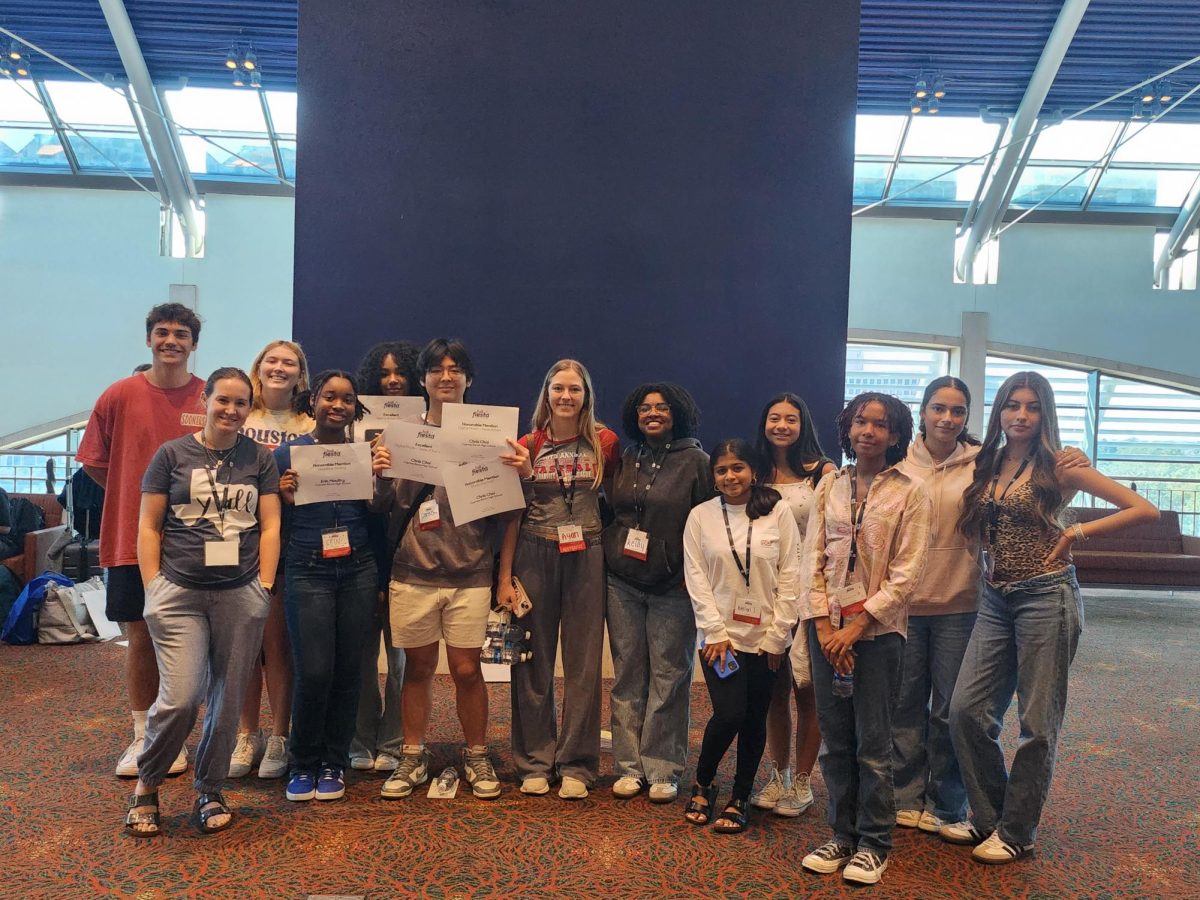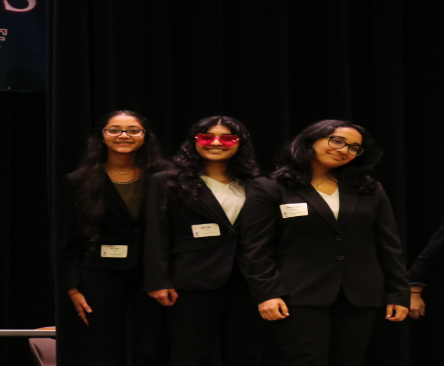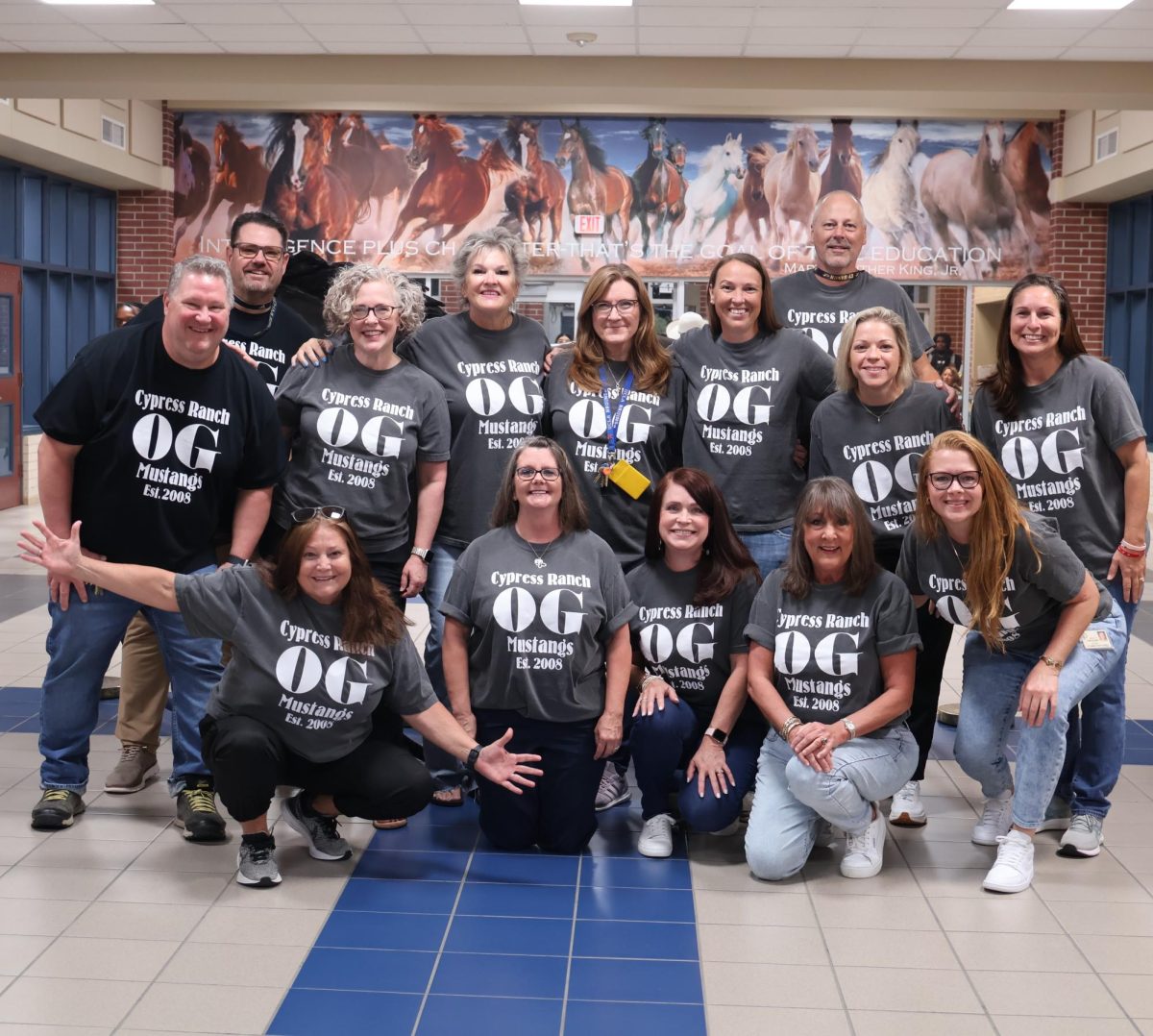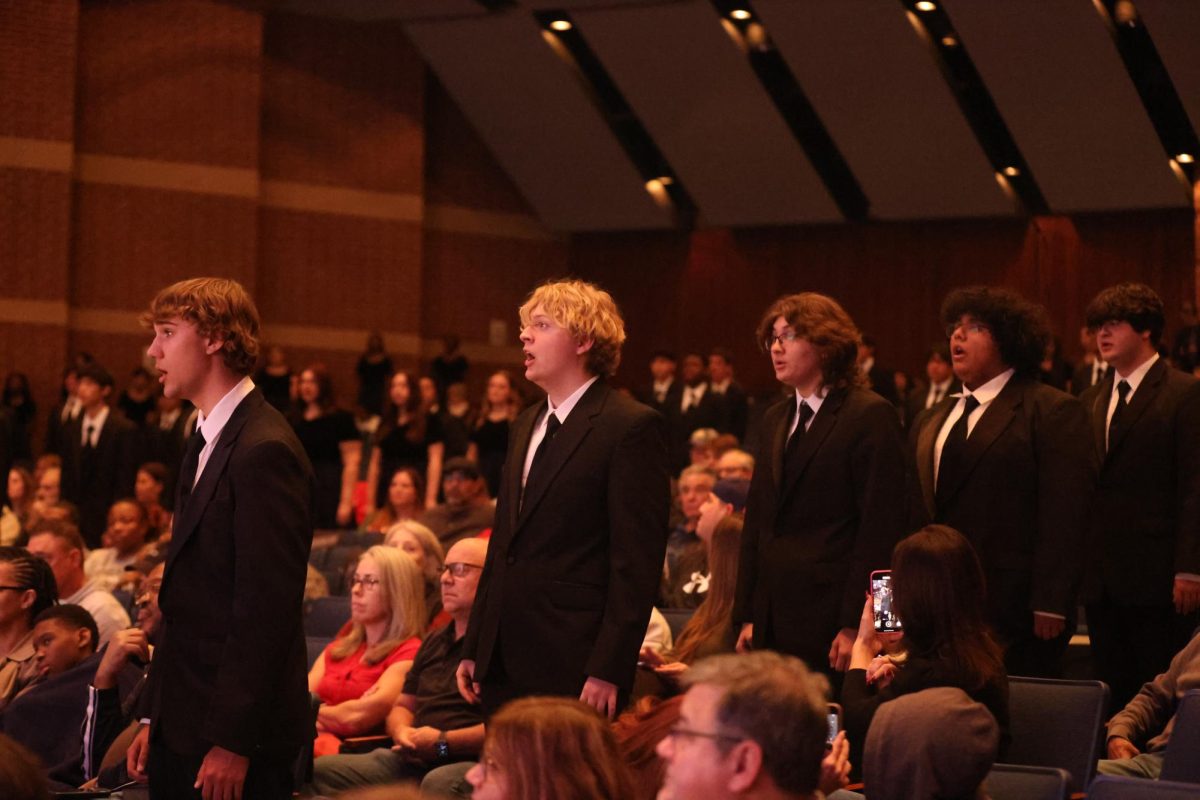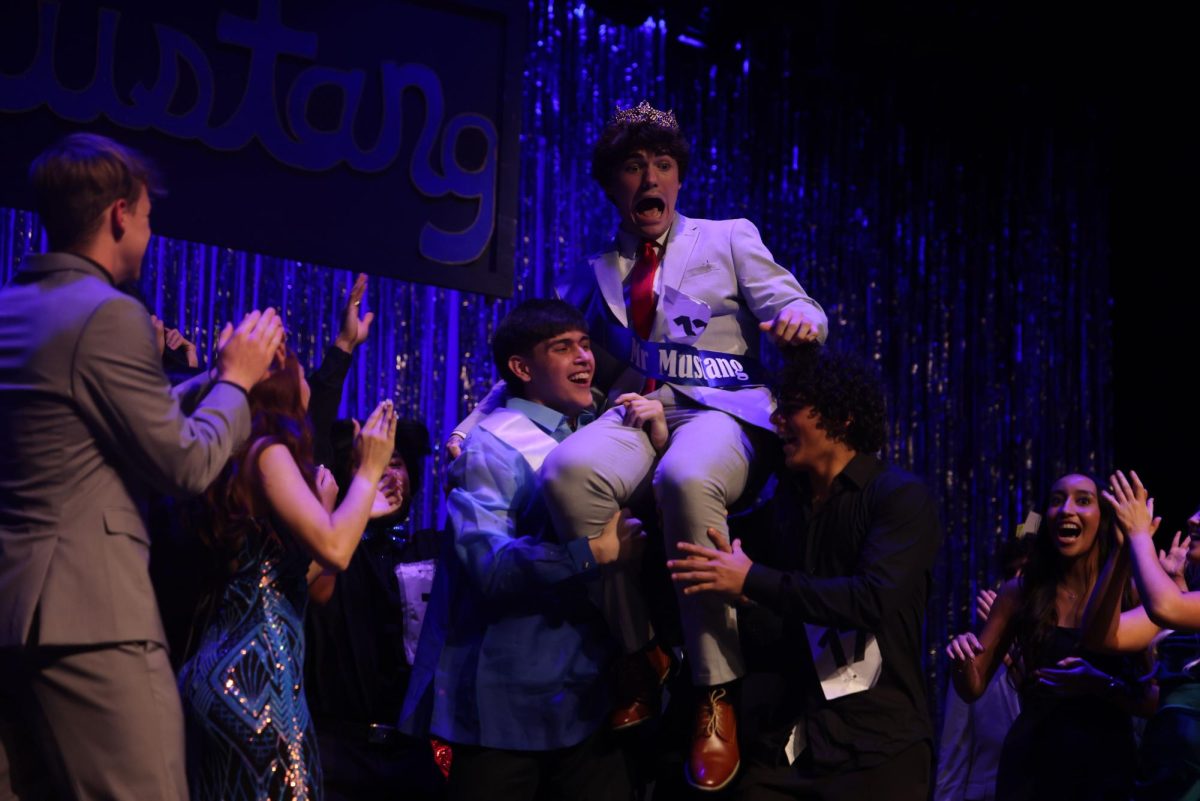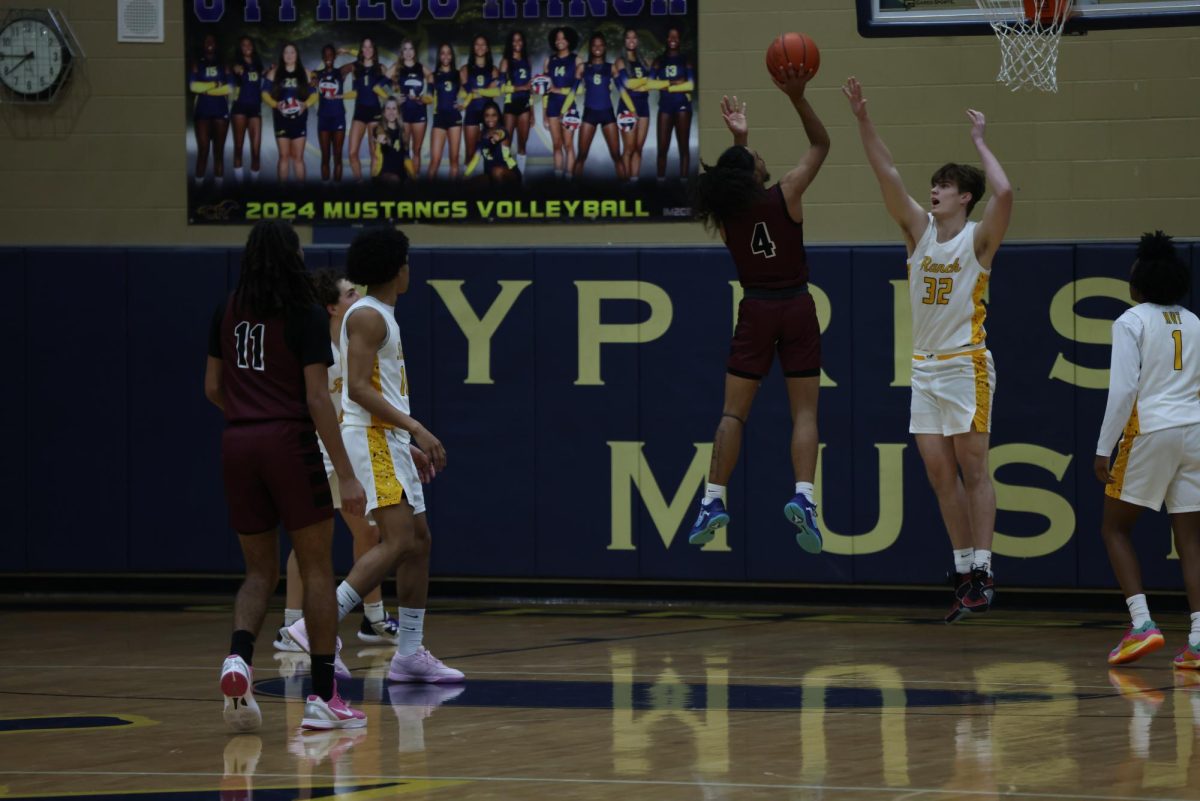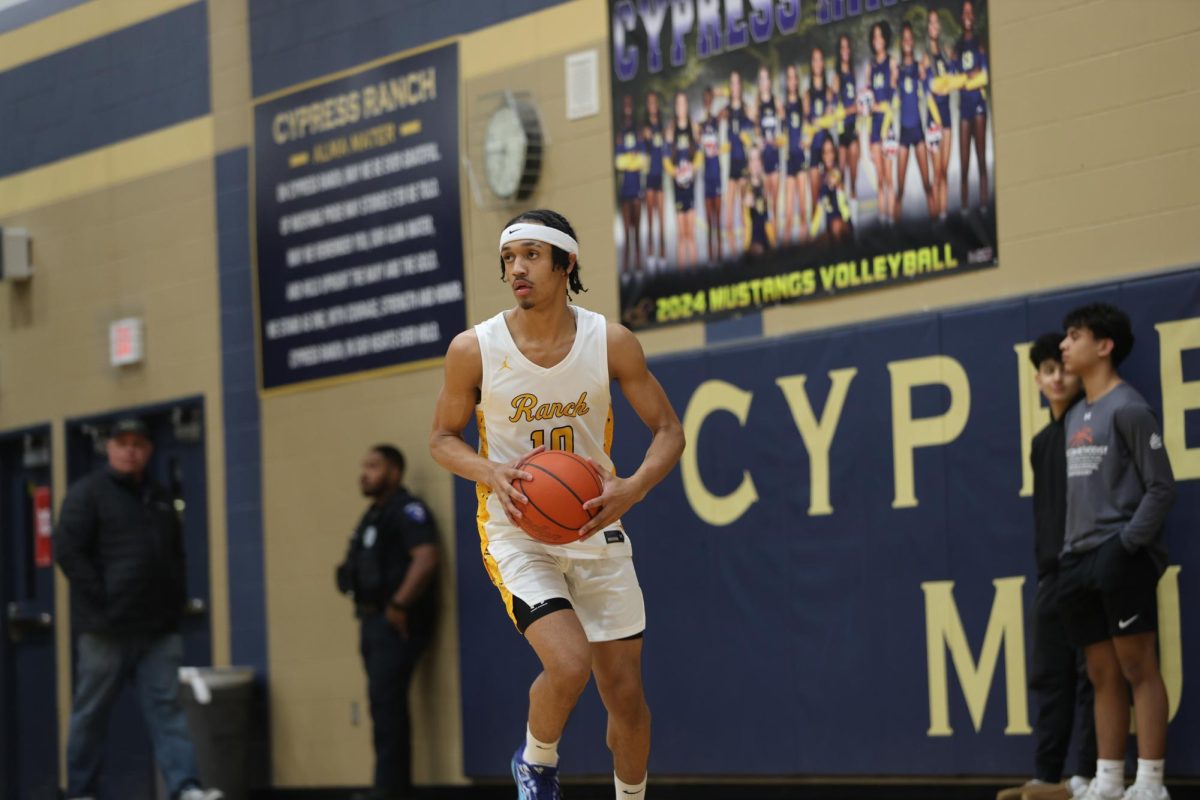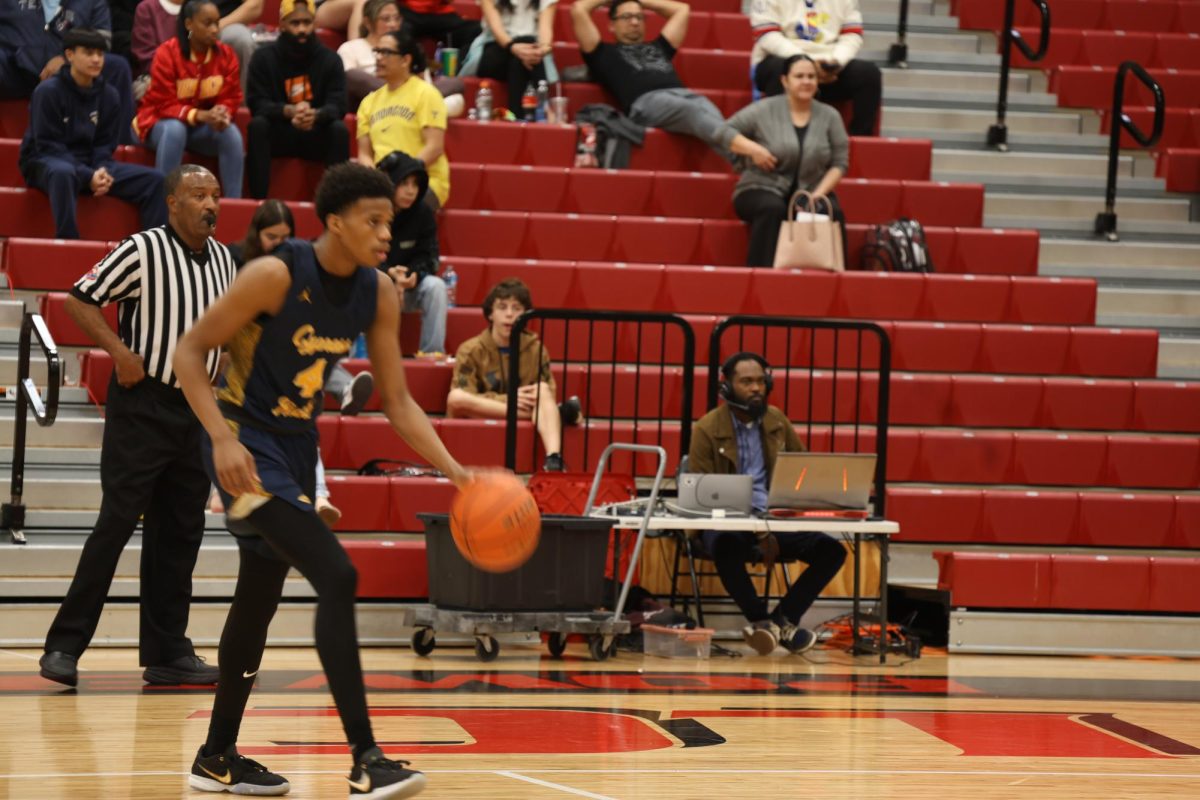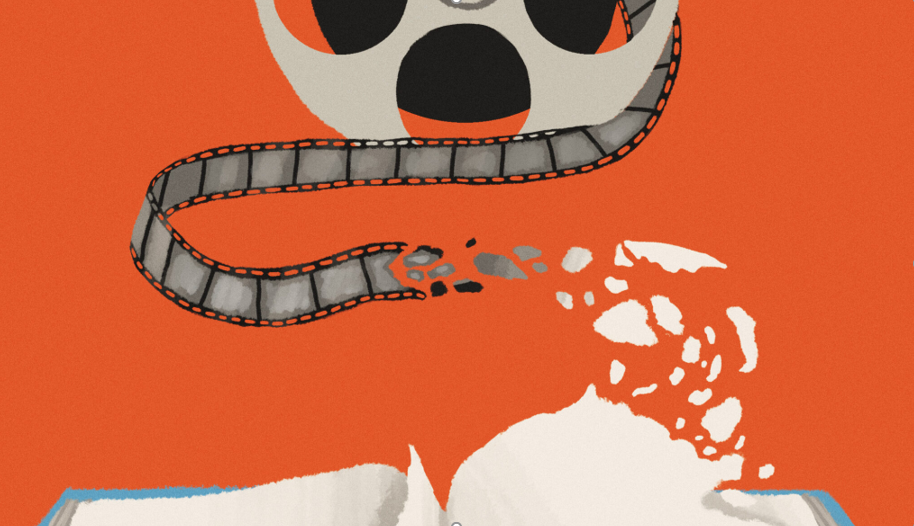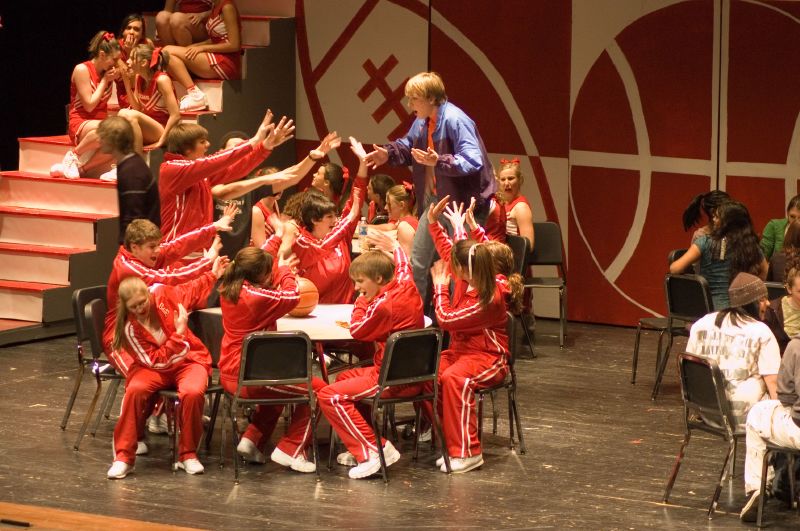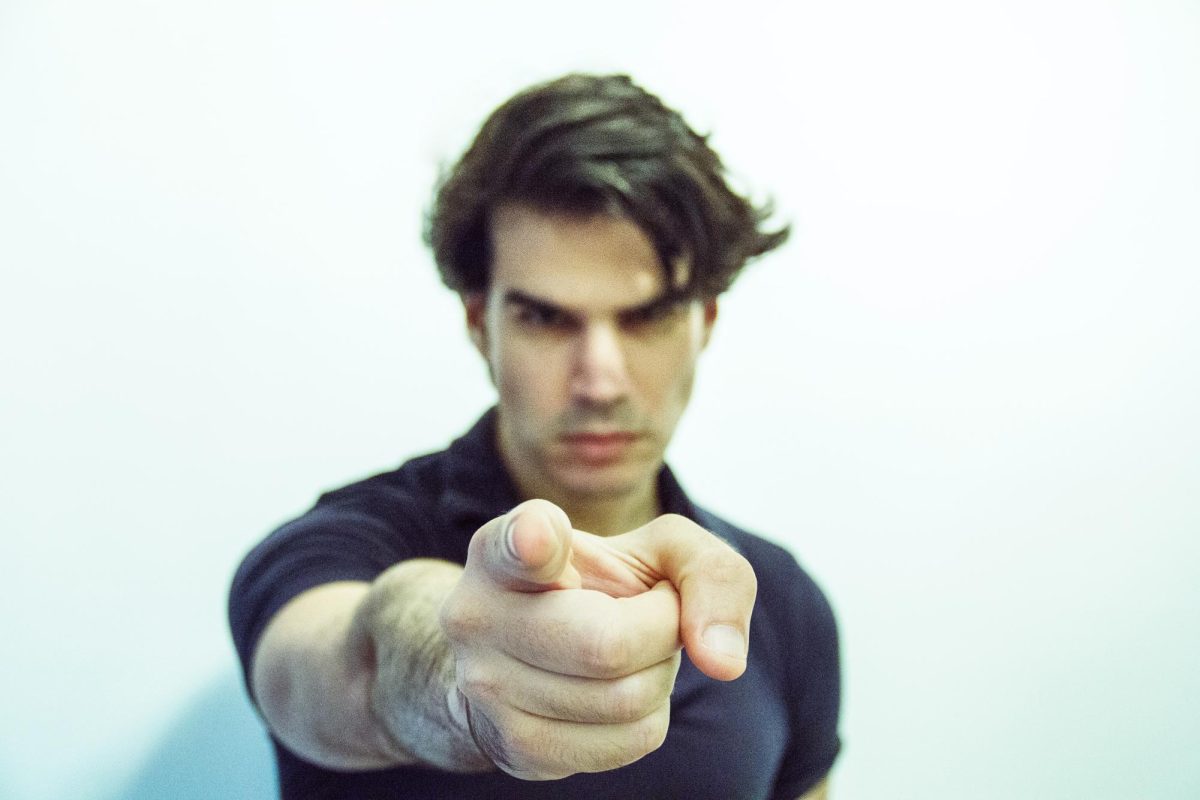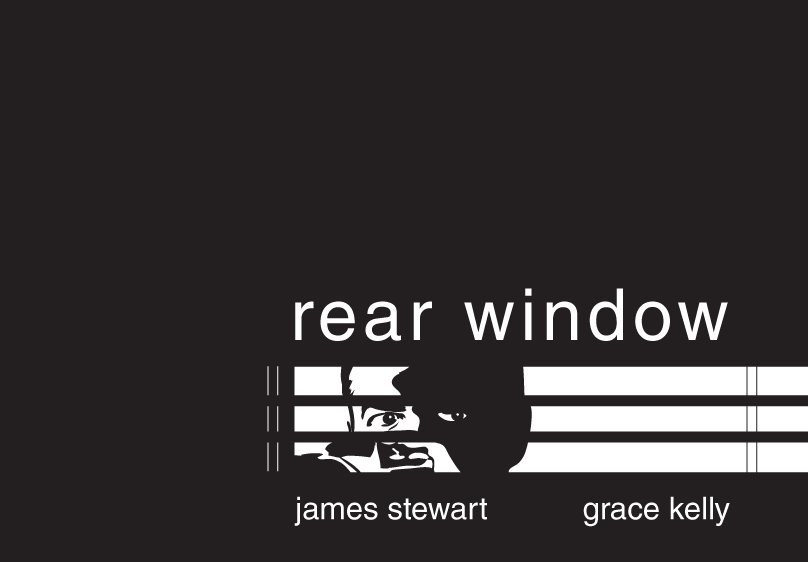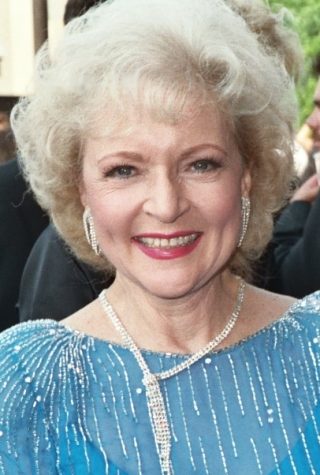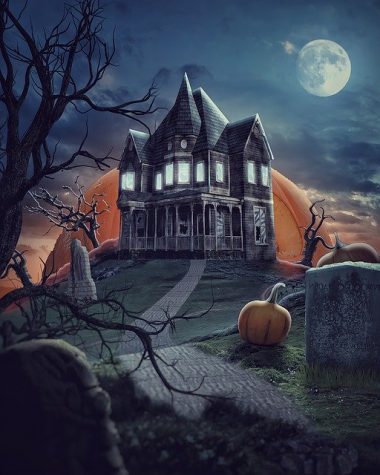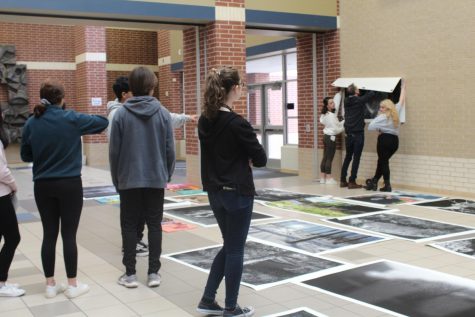Review for Hitchcock’s “Rear Window”
Alfred Hitchcock may be the most revered film director in history. He sits atop countless “Greatest of All Time” lists with Kubrick and Coppola, garnering praise from nearly every viewer of his films. These facts alone make the act of watching a Hitchcock film burdensome.
Recently I watched my first Hitchcock film, Rear Window, said to be among the director’s most celebrated achievements. The film was shown at my local multiplex, a revival of classics due to the efforts of Turner Classic Movies. I began my viewing in eager anticipation, waiting for the master of suspense to take hold of my mind and contort it to his liking.
I waited while the lackadaisical credits played, then I waited while the plot was set up, which I’ll recount soon. I waited for the tension fifty minutes through, eighty minutes through, one-hundred minutes through. Despite my greatest anticipation walking into the theater, I was sorely disappointed walking out, having sat for nearly two hours in baited breath, waiting for a danger to present any sort of threat, neither of which came. I did not faun over Rear Window as I had expected to, but I believe I am to blame.
Alfred Hitchcock’s 41st feature length film, Rear Window was made at the apex of his career alongside other gems like Psycho, Vertigo, and North by Northwest. The film stars an aging James Stewart alongside a lovely Grace Kelly.
The plot is simple–a photographer, whose leg has been broken on the job, spends his days peeping into his community’s shared courtyard. Due to unfathomable heat, all of his neighbors leave their windows open all the day long, allowing him to peep inside their personal worlds. In doing so, he begins to suspect one of these neighbors of being a murderer. The film features pleasant performances from Grace Kelly and Thelma Ritter, and James Stewart keeps in line with his likeable, slightly flawed protagonist role.
The film’s place in history as a bonafide classic is an enigma to me. While the film is obviously handled with the upmost competence and methodical intuition, the final results were surprisingly uninspiring. As I said before, my disappointing experience in the theater may have been my own doing, as I walked in expecting, nay, demanding that the film be nothing but a suspenseful masterpiece.
I had not expected such dark humor in the dialogue, such banal conversation of love and marriage between James Stewart and Grace Kelly. I expected the killer to be identified in the opening frame, that James Stewart would find himself in constant peril at the hands of a ruthless murderer. I had not expected the camera to stay in Stewart’s apartment for the duration of the film, nor for the abstract theme of voyeurism to permeate every frame of the movie. I went in expecting a dark, humorless manhunt of a film. What I watched was a foray into the mind of the filmmaker, the mind of a “peeping Tom.”
Despite my deepest wishes to rewind the film and watch anew without expectation or demands from Mr. Hitchcock, I cannot. The film is seared into memory for a long time to come and I cannot un-see the events and mystery I have already experienced. So a word to wise, do not bring expectations and demands to the theater. Rather, sit back, relax, and simply enjoy the show. As I don’t feel my viewing was sufficiently open-minded, I refrain from expressing a specific rating, although overall the film was an enjoyable time at the movies.
Your donation will support the student journalists of Cypress Ranch High School. Your contribution will allow us to purchase equipment and cover our annual website hosting costs.






